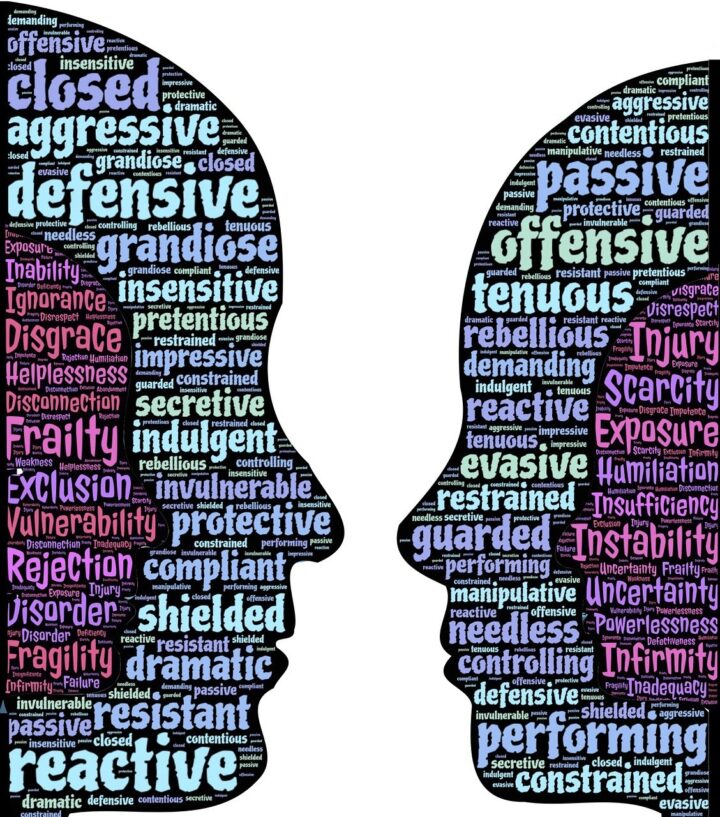My undergraduate degree was a B.A. in Interpersonal Communication and Rhetoric. I loved the major. We studied political communication, social communication, gender communication and marketing communication. We read Aristotle, Socrates and Plato. We argued the existence of a chair, we argued for and against Euthanasia (not to be confused with Youth in Asia) and we came to see that it is nothing short of miraculous that any one of us can understand anything any other one of us thinks at all.
It’s Complicated
The process of communication involves one person translating a thought (a result of all the nature, nurture and context that exists in that person’s head) into mutually understood symbols and delivering it through a channel to another person who then translates the symbols into a thought of their own (borne of all the nature, nurture and context in their head) which is then fed back in a similarly conceived and delivered response.
So when I hear or read one person say, oh, something like…
- I think we’ve heard enough about race
- It’s a beautiful day
- That was a wonderful performance
- The VW is a good choice
- We need to have a clearer strategy
- There are a ton more dandelions this year
- Schools should reopen fully
…and then I hear or read another person’s immediate response of “I disagree”, it drives me absolutely BONKERS.
It’s Not Possible
How can you possibly disagree???? Of the above statements, the longest had eight words and that was about DANDELIONS. There is no possible WAY you could POSSIBLY understand the full measure of what the person is thinking never mind disagree with them.
Tell me more
If we are to move from discord to discourse from divisive incivility to constructive conversation we need to give more space to curiosity, connection and engagement in the pursuit of understanding. It doesn’t take any more time or energy – in fact it can take less, or at least can be time and energy better spent – to open first – and hear and listen – and work to understand.
You Try it
The next time someone says something you do not believe is true, instead of falling prey to your stress response, throwing down your verbal gauntlet and preparing for battle, try saying “Tell me more.” As Stephen Covey said in Seven Habits of Highly Successful People, Seek first to understand, then to be understood. Engage with more curiosity. Ask “what makes you say that?”, “what are you comparing against?”, what has been your experience?”, “what would you like to see instead?”. See what you discover.
When It’s You
Think of it this way: when it’s you sharing your thought – a thought that bubbled up into your voice box after taking shape in your mind and getting tested against your nature and your experience – it’s a vastly different feeling you get when met with “Tell me more” than it is being met with “I disagree.”
Wouldn’t you agree?



 Everything you need to become everything you want
Everything you need to become everything you want